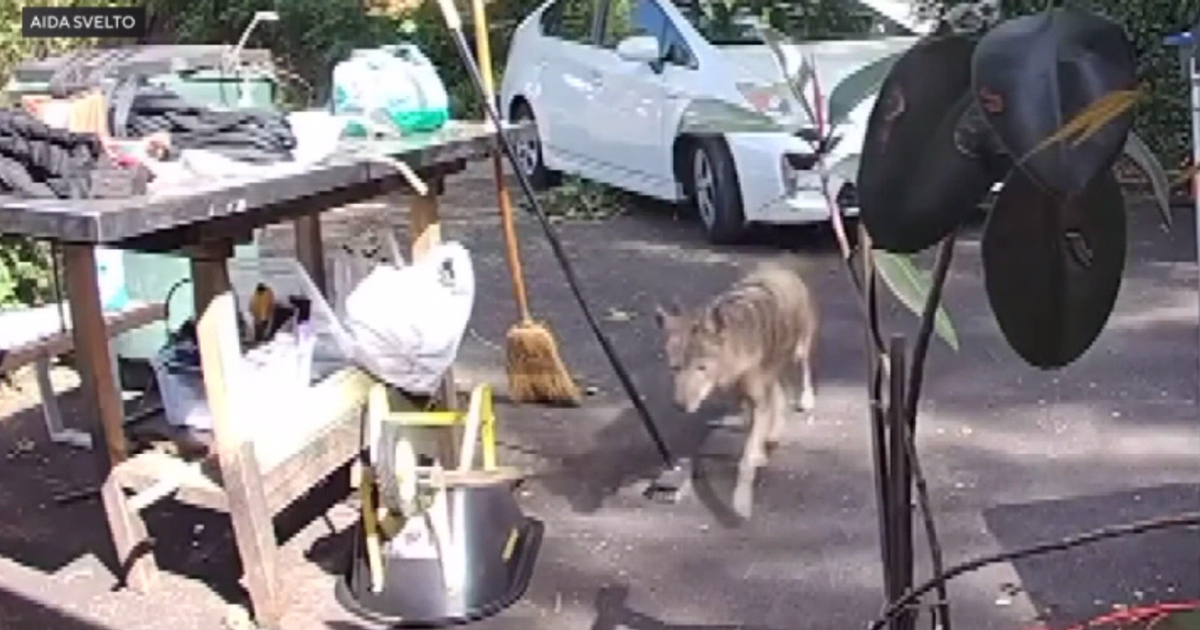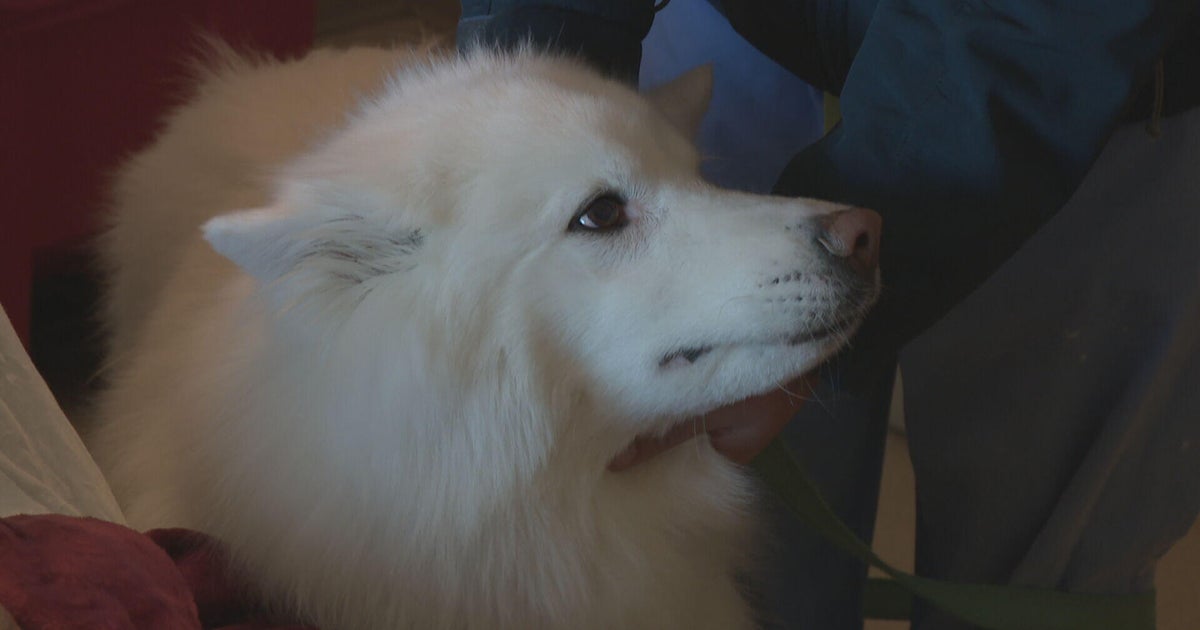'Tumor Shrinking' Drug Shows Promise In Dogs Before Clinical Trials On Humans
NEW YORK (CBSNewYork) -- A dog was near death from a cancerous brain tumor, but a new pill is extending her life.
Now, that same treatment is being tested in humans.
As CBS2's Dr. Max Gomez explained, something terrible happened this past summer with Albert and Genevieve Piercall's rescue pup Abby.
"She looked like she was going to yawn or something and kind of stretch her legs out, and I realized that she had completely locked up and started convulsing,'" Albert said.
An MRI revealed brain cancer.
"They told us that it was probably just a couple of months that she had," Genevieve said.
Their only option was an experimental drug called Pac-1.
After four months on the drug an MRI showed Abby's tumor had stopped growing and had even shrunk somewhat.
Other dogs have had tumors shrink by half.
Doctor Paul Hergenrother discovered Pac-1 10 years ago, in his University of Illinois lab.
"We have seen positive results, especially in combination with other widely used cancer drugs," he said.
Pac-1 gets cancer cells to self-destruct by activating something called an executioner protein that sets off a cascade of events that destroy the internal machinery of the cell.
Because cancer cells have much more of the protein than normal cells, side effects are minimal.
Promising results in dogs have led to human trials in 20 patients so far.
"We usually see about 10 to 15 percent response rate, but it's too early to come up with a final conclusion," Dr. Danciu said.
Oncologists said it's at least 5 to 8 years away from being widely available to human patients.
The Piercealls are glad it worked for Gabby.
"We're just happy with every extra day that we get and if we get six more months that will be amazing,' Albert said.
Pac-1 is probably the first cancer drug to be fully tested in pets before starting human trials.
In addition to brain cancer, Pac-1 may be effective against certain lymphomas, leukemia, melanoma, and liver cancers.







